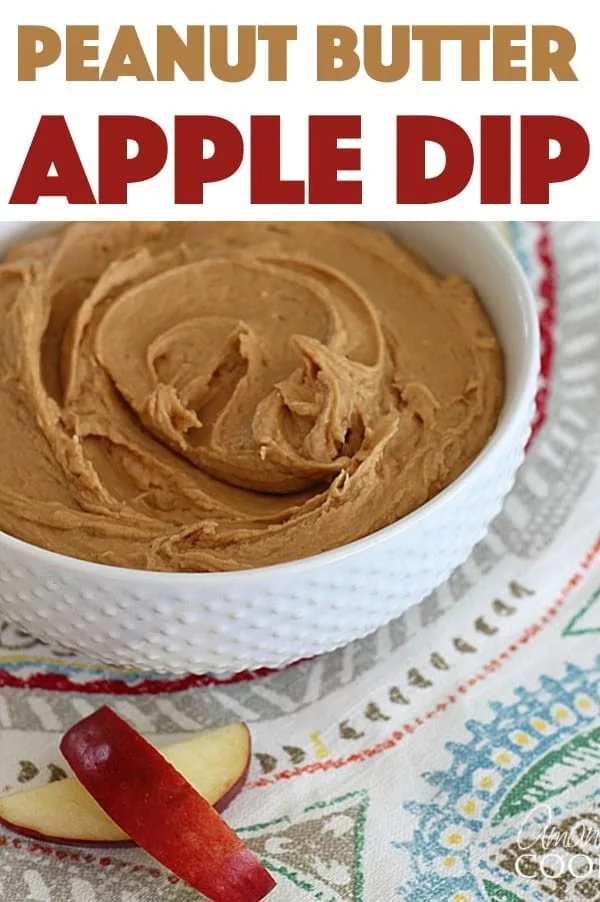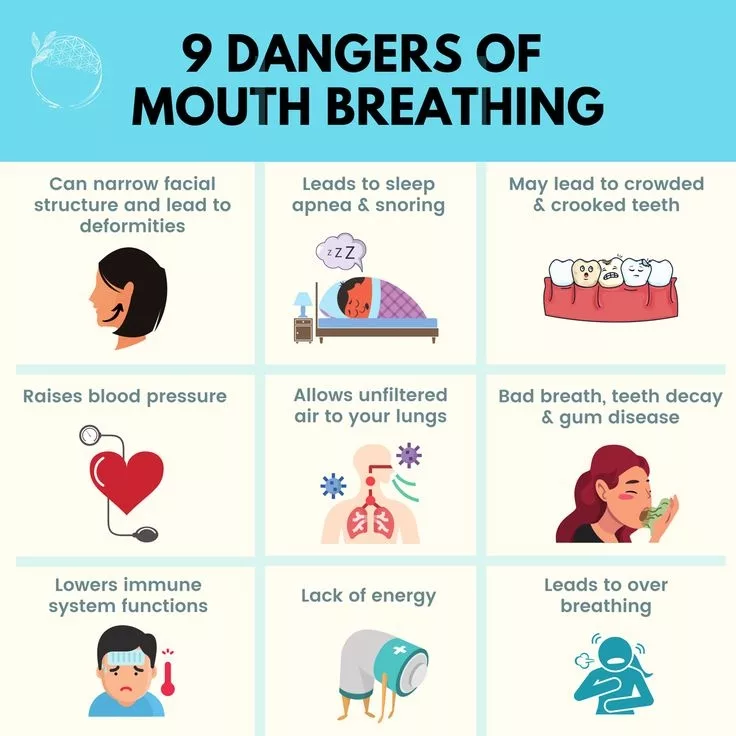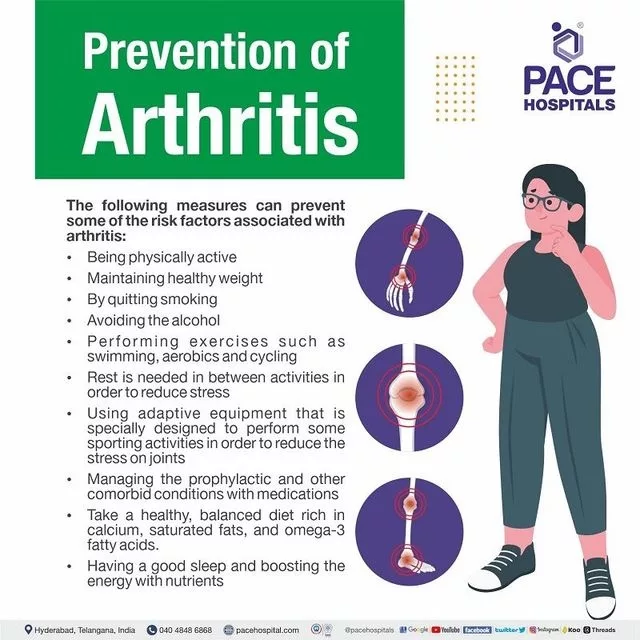Cholinergic Urticaria: Causes, Symptoms, and Treatment Methods
Hello♡ Are you struggling with urticaria these days? Do you know about cholinergic urticaria? This time, I would like to provide you with detailed information about cholinergic urticaria. Let’s learn together and enhance our understanding of urticaria! Let’s study together 🌟
What is Cholinergic Urticaria?
Cholinergic urticaria is a type of allergic reaction that occurs on the skin. This phenomenon primarily causes symptoms such as rashes, redness, and itching on the skin. These symptoms occur in response to a chemical substance called choline and can be triggered by various factors such as heat, stress, exercise, and alcohol.

Causes of Cholinergic Urticaria
Cholinergic urticaria mainly occurs as a reaction to the chemical substance choline. Choline is one of the essential components that play a crucial role in our body. However, some individuals may have a hypersensitive reaction to choline, resulting in symptoms such as rashes or itching on the skin. This hypersensitivity can be influenced by genetic factors, environmental elements, and dietary habits.
Key Symptoms
The main symptoms of cholinergic urticaria include:
- Skin rash: It appears as small red spots or rashes primarily on the ankles, wrists, and elbows.
- Itching: Symptoms accompanied by itching on the skin occur.
- Redness: Small tumors or irregularly shaped redness appears on the skin.
- Swelling: Swelling may occur in areas such as the face, lips, and eyelids.
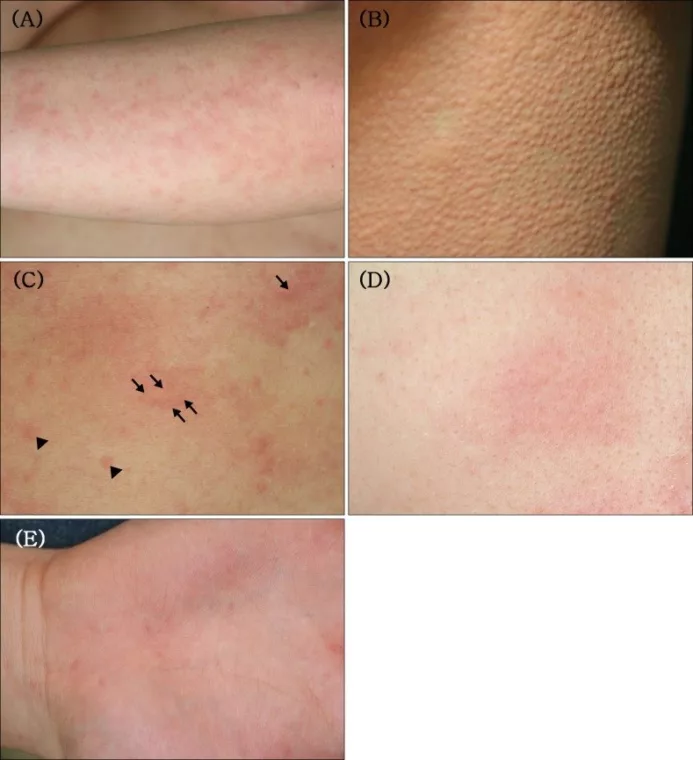
Diagnosis Methods and Process
Various methods can be used to diagnose cholinergic urticaria, including skin tests, blood tests, and physical examinations. The doctor selects an appropriate diagnostic method considering the patient’s symptoms and suspected causes. Skin tests involve using substances related to choline that can induce allergic reactions on the skin to check for reactions. Blood tests can measure the antibody levels against choline components to confirm allergic reactions.
Preventive Measures in Daily Life
To prevent cholinergic urticaria, several measures can be taken:
- Control choline intake: Individuals sensitive to choline should be careful not to consume foods high in choline.
- Manage environmental factors: Factors such as heat, humidity, and sunlight can trigger cholinergic urticaria, so it is essential to find ways to avoid these factors.
- Stress management: Since stress can trigger episodes of cholinergic urticaria, it is important to find and practice stress management techniques.
Medications and Treatment Methods
- Antihistamines: These are the most commonly used medications to relieve symptoms and help reduce itching and rashes.
- Steroids: They may be used for a short period in cases of severe symptoms or acute episodes. They are effective in reducing inflammation.
- Immunomodulators: In severe cases, medications that regulate the immune system may be used.
- Topical corticosteroids: These are applied directly to the skin and help alleviate localized symptoms.
- Lifestyle modifications: Stress management, adequate hydration, and avoiding allergy triggers can contribute to symptom relief.
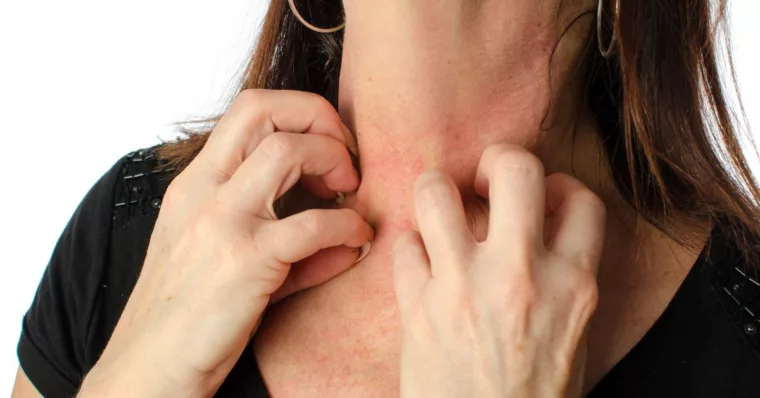
Natural remedies: Resting in a cool and humid environment or using moisturizers to care for the skin can also be helpful.
Treatment methods may vary depending on the individual’s condition, so it’s important to consult a healthcare professional to establish an appropriate treatment plan.
Natural Remedies and Management
To manage cholinergic urticaria, the following natural remedies can be tried:
- Rest in a cool and humid environment: Taking a break in a cool and humid environment during an episode of cholinergic urticaria can be helpful.
- Skin care: Using moisturizers on the skin to reduce dryness and avoiding irritating cosmetics is important.
- Dietary adjustments: Individuals sensitive to choline should avoid foods high in choline and maintain a nutritious diet.
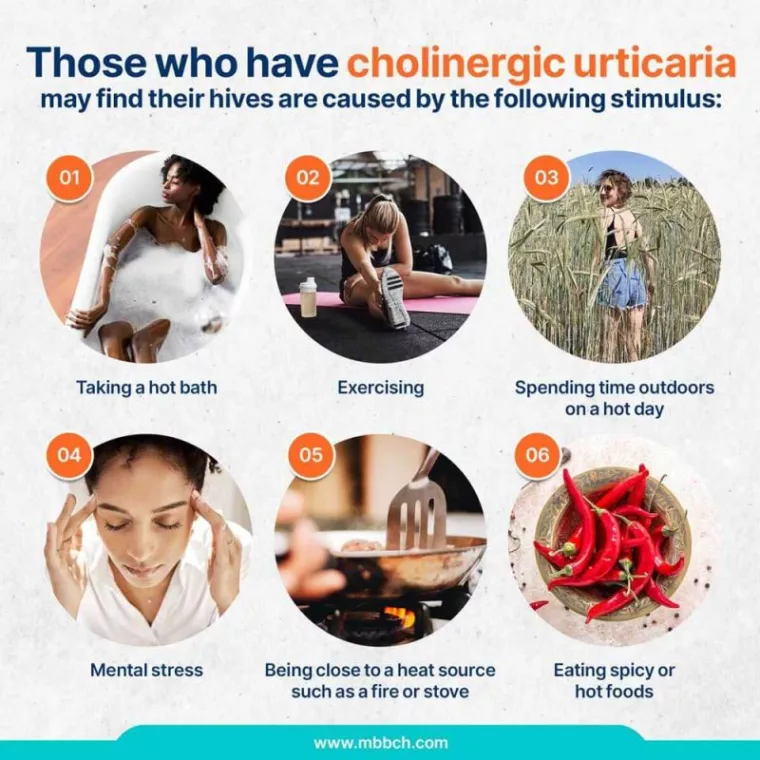
Cholinergic Urticaria and Daily Life
Cholinergic urticaria can significantly impact daily life. When episodes occur, it is essential to adjust the surrounding environment appropriately and avoid factors that may trigger allergic reactions. Additionally, receiving medication treatment or trying natural remedies can help alleviate symptoms. However, the most important thing is to find the appropriate treatment method through consultation with a doctor.

Cholinergic urticaria is an allergic reaction that causes symptoms such as rashes and itching on the skin, and understanding the causes and symptoms is necessary. By understanding the diagnosis, prevention, and treatment methods, one can maintain a healthy daily life.



